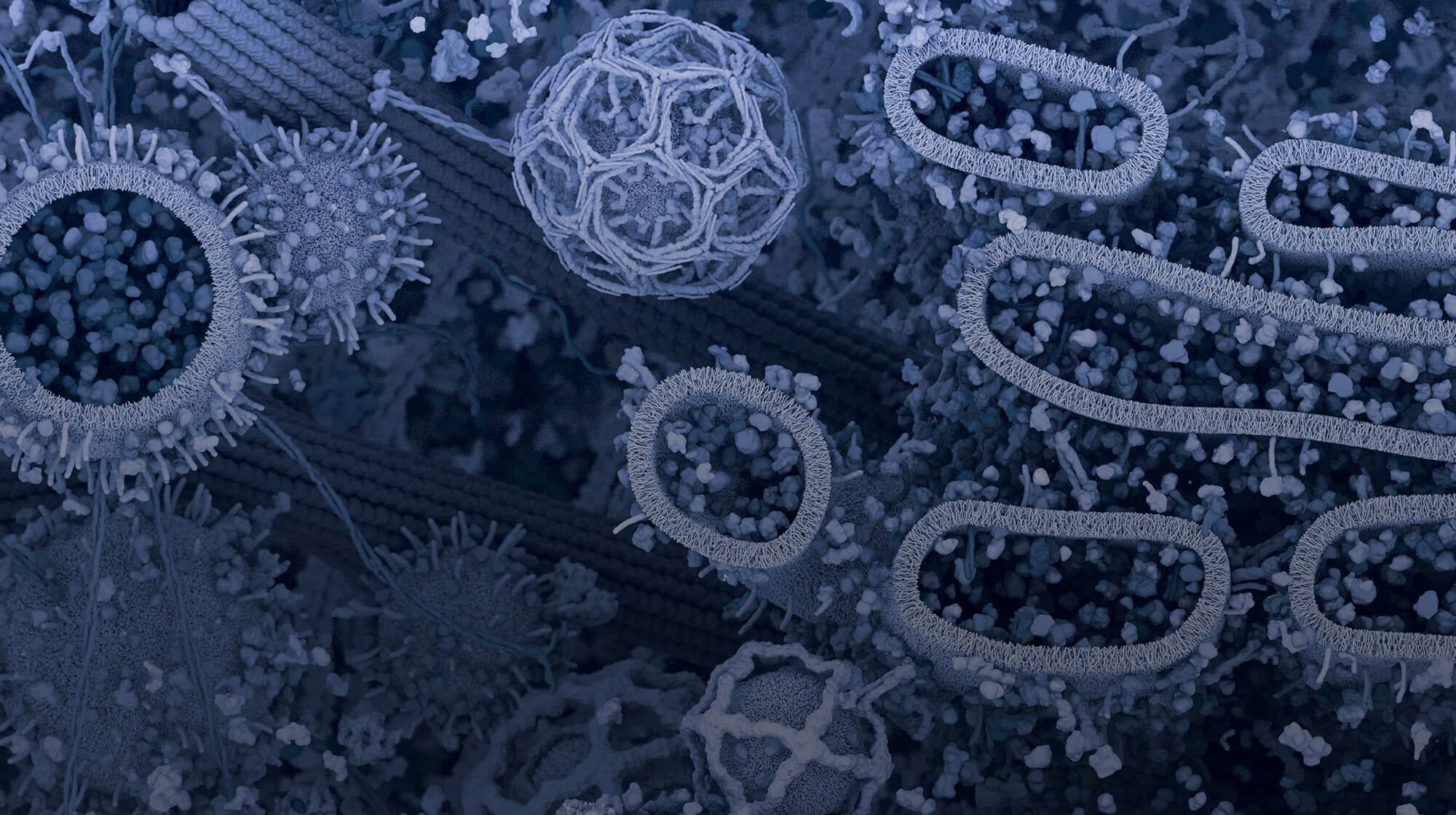We're excited to partner with Science: Disrupt to present a five-part podcast exploring what 'Responsible Science' means amidst the reproducibility crisis.

For the fourth episode of our ‘Responsible Science’ series, we dive deep into the world of the science dissemination industry—organizations whose role is to effectively communicate science to the wider world in the most efficient, fair, and considered way possible and ensure science can keep moving forward.
We chat to three key leaders in the world of scientific publishing:
- Alison Mudditt, CEO of PLOS
- Ivan Oransky, Co-Founder of Retraction Watch
- Richard Sever, Co-Founder of bioRxiv
We chatted about the role of the publisher in ensuring science is held responsible at the communication stage.
Alison says: “It’s this issue of perverse incentives in the scientific reward system, that I think ultimately has to be addressed by institutions and funders. But I think all of us, including publishers, have played a key role in sustaining a system in which it’s far easier to publish exciting and novel results, not necessarily good, solid science. The way publishers have used journal brand and impact factor, drives submission and creates these very high-level prestige journals if you like, is part of what plays into that system.”
We talked about how retractions fit into the publishing ecosystem and whether they could be used as a tool to correct the poor incentives structure in academia.
Ivan explains: “Economists like to say: ‘there are no bad people, just bad incentives.' And I think that’s what you’re seeing play out in science every day. Retractions, in and of themselves are not supposed to be a punishment. They’re just supposed to clean up the scientific literature. So I would argue they’re certainly not sufficient to encourage good behavior. It’s sort of like asking if death penalty will increase bad criminal penalty, is enough to get rid of the crime. It’s not. It is one arrow in a quiver of trying to fight crime or limit crime. But we’re never going to limit. We’re never going to completely eradicate crime, nor are we ever going to completely eradicate misconduct and fraud. What we can do though, is use a number of different tools and strategies to try to limit it, or at least make it visible when it happens. Retraction’s one part of that, but they’re the stick, and we’ll need a lot of carrots to encourage the kind of behavior we want to see, and to encourage right, I think I would say, is responsible science.”
We finish by chatting about the importance of preprints, how this kind of publishing can actually help break down the incentive structures preventing scientists from acting responsibly, and how they actually work to combat scooping.
Richard says: “BioRxiv is an anti-scooping device, because anybody will be able to look further down the line and see that if you put your stuff on BioRxiv on the 1st of January 2018, and somebody publishes a paper in proceedings of the National Academy of Sciences in June of the same year, that you were first; you were six months before them. And there’s been recent good examples: there’s been competing work on CRISPR from Jennifer Doudna and the competing lab up at the Broad Institute. Their papers came out on the same day in Science Magazine, but Jennifer had a pre-print on BioRxiv from many months before. So it was immediately obvious in terms of when the initial work had been done, she had this marker that says she was there.”
---
Up next: we chat to the next generation of science disruptors and discuss what they—as researchers and as entrepreneurs—are working on to make science better, faster, and more responsible. Listen to Responsible Science Part 5.
Listen to the entire Responsible Science Podcast series:
- Responsible Science Podcast: Episode 1 - Overview
- Responsible Science Part 2 - The Disruptors
- Responsible Science Podcast: Episode 3 - The Industry
- Responsible Science Podcast: Episode 4 - Publishing
- Responsible Science Podcast: Episode 5 - The Next Generation



